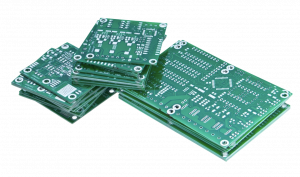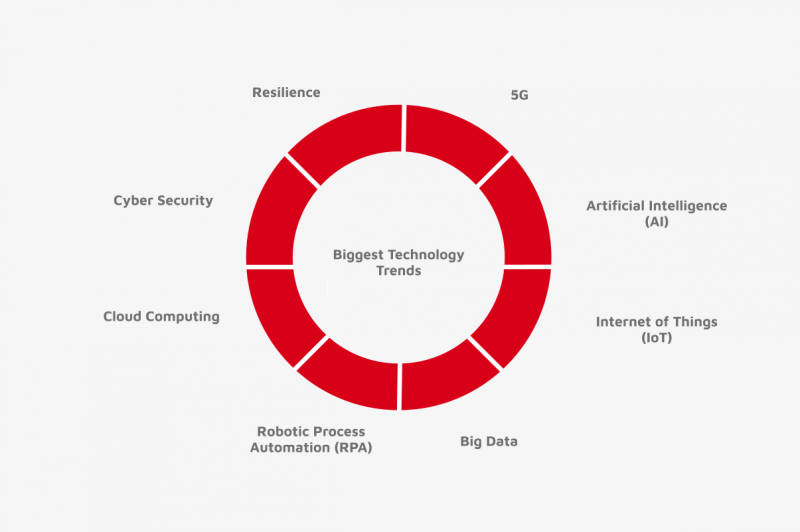This site
is mobile
responsive
Industrial Electronics
Malaysia encourages companies in this sub-sector to develop, market, and maintain electronic industrial solutions, spanning from the electrical grid to user endpoints for businesses.
Industrial electronics includes computer peripherals, telecommunication devices, transmitters, routers, and embedded systems.
Malaysia leverages trade advantages through GATT’s Generalised System of Preferences (GSP), unilateral trade deals, and initiatives like AFTA, ASEAN, and the RCEP Agreement. The RCEP strives for a liberal and competitive regional setting, bolstered by enhanced investment facilitation and aftercare. The country boasts exceptional infrastructure, technological prowess, and manufacturing versatility to cater to global business needs.
Malaysia’s industrial electronics sub-sector prioritises high-tech applications for increased value-added activities. It’s transitioning toward greater sophistication through advanced technology, yielding intricate products. Malaysia hosts a well-established electronic industrial cluster, centred mainly in Penang and Kulim, Kedah.

Automatic Data
Processing Machines

Biometrics

Mechatronics & Robotics

Professional Scientific and Test Measuring Equipment
Test and measurement equipment covers a broad array of analytical instruments engineered to detect and quantify physical parameters, biological processes, and electrical signals. These high‑precision tools are vital across numerous industries, providing the accurate evaluations needed for informed decision‑making. At a global level, the test‑and‑measurement sector is a key driver of technological progress, enabling the development of new products and breakthroughs in a wide range of fields.





The rising demand for
advanced PCBs and surface mounted
technology.
This is expected to drive the automated
optical inspection system market in the
future.

Advanced electronic devices depend on meticulously verified printed circuit boards (PCBs). To meet strict manufacturing and safety requirements, manufacturers deploy automated optical inspection (AOI) systems that deliver targeted testing and precise defect detection at every stage of PCB fabrication. By weaving AOI into the entire production flow, each board is guaranteed to meet exacting quality and reliability standards.

The Ministry of Communications and Multimedia commenced the rollout of 5G technology in 2022, with a key focus on enhancing connectivity as a top government priority. These endeavours are carried out through meticulous planning and targeted goals outlined in the National Digital Network Plan (JENDELA).
The 5G network project implementation measures encompass connectivity availability, recipients, regulations, and industry involvement. As of May 2024, the rollout of the 5G network in Malaysia has achieved 81.5% coverage of populated areas involving 7,065 5G sites. Industries are anticipated to utilise 70% of the 5G deployment, with the remaining 30% designated for public use.
The 5G Demonstration Project achieved significant success. In an oil and gas industry demonstration, robots effectively replaced engineers remotely. 5G technology resolved critical issues concerning worker safety and efficiency enhancement in oil rig operations.
5G technologies bring substantial advantages to the tourism sector, introducing novel experiences. Virtual reality technology, for instance, enables tourists to access 360-degree views of attractions via high-definition video live streaming to virtual reality lenses or LCD panels.
JENDELA, designed to enhance connectivity and communication quality, will be gradually rolled out across the nation. The goal is to achieve 100% 4G coverage in populated areas with 100 Mbps mobile broadband speeds by the conclusion of 2025. JENDELA forms a pivotal part of initiatives aimed at enhancing the country’s digital infrastructure, driven by the growing post-pandemic demand for superior fixed and mobile broadband coverage.
JENDELA is being implemented as part of the 12th Malaysia Plan (2021-2025), serving as the groundwork for a comprehensive transition to 5G technology.